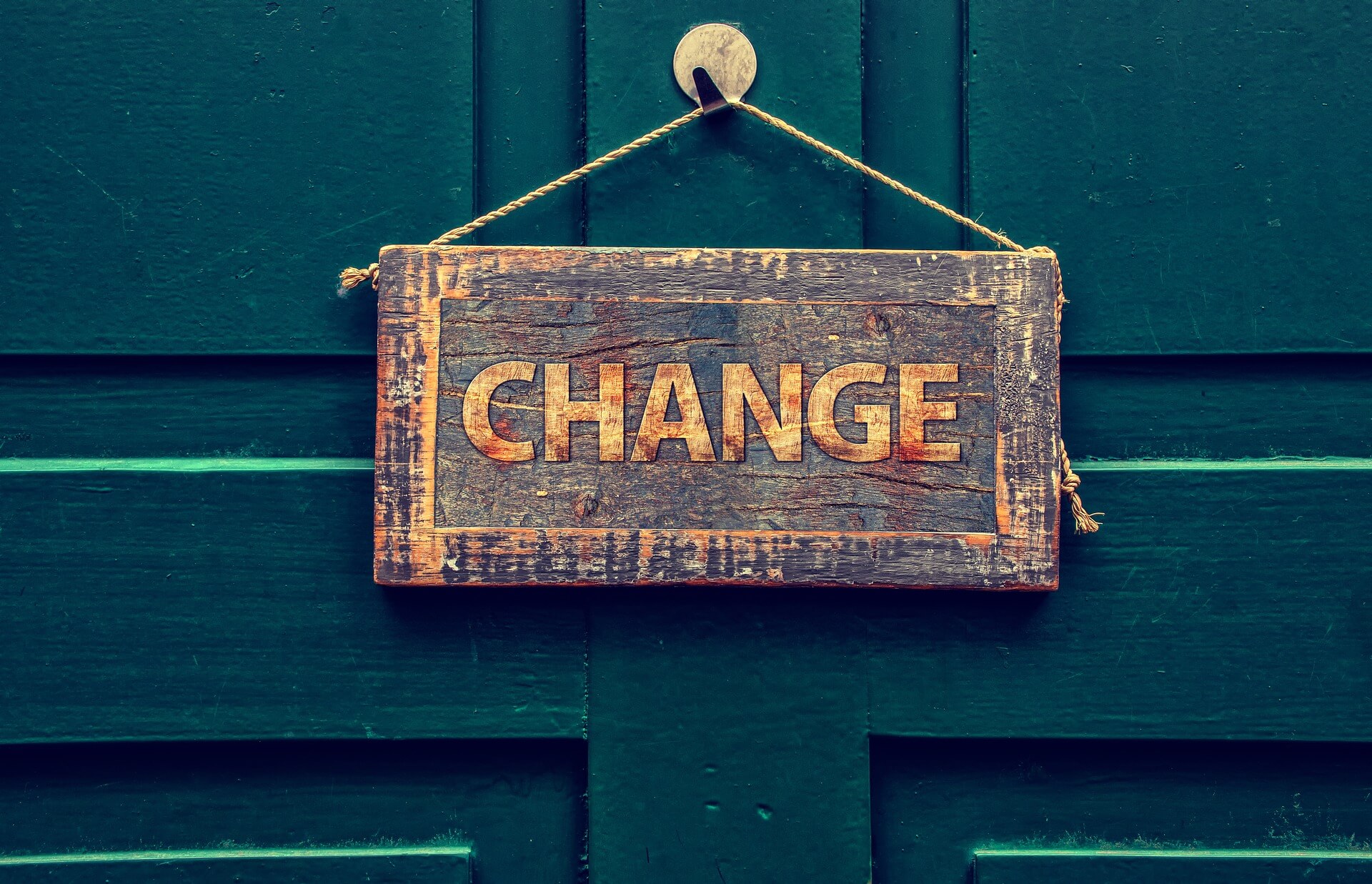If you are planning a rail journey at any time you will want to check for any disruptions to the service, especially when there may be snow or leaves on the line. Disruption is usually not seen as a good thing.
After Christmas I heard someone telling a friend about what they had done over the festive period. They ended with the words: “It was nice but I’m happy we are all back to normal now and that disruption is over.”
Wait. What?!
What a strange way to describe a time of goodwill and joy, a time to rest and reset — a special time of the year that you probably spent weeks preparing for.
What you need to recognise is that we are hardwired in the primitive parts of our brains to like patterns and habitual behaviours.
‘We survived because we adapted so remembering that change is key to growth is wise’
Habitual equals safe.
Familiar equals staying alive.
That is why when a relationship ends, or we are facing massive upheaval, it can feel almost as if we are facing death and destruction.
To our brains this is the case.
Yet, as a species, we have come a long way since the safety of our cave and tribe. At some point someone ventured beyond the horizon and found new land, new animals and worked out ways to deal with them.
We survived because we adapted so remembering that change is key to growth is wise.
Breaking familiar patterns is essential to create different futures.
The kind of people who change the world are disruptors.
Many innovations came out of the second world war in this way, jet engines, for example.
The first Allied plane to use jet propulsion took flight on May 15, 1941. Though jet engines didn’t really impact the war they transformed both military and civilian transportation in the following years.
Today, there are lots of disruptive innovators, a term coined by Professor Clayton Christensen at Harvard Business School.
For example, Uber. They don’t own any vehicles. Years ago, in London, I would only get a black cab as they were safe and the driver had ‘the knowledge’. Yet, the last time I jumped into a black cab the driver told me he was retraining as a plumber because Uber and satnavs had wiped out his trade.
You may be thinking ‘how can I change things really’?
Well-being a disruptor is something that ordinary people can do.
Like George Bailey in the movie It’s A Wonderful Life, you may need an angel, or at least the gift of perspective, to realise just how much you have impacted positively those around you.
We are all capable of this sort of disruption.
To get familiar with it you can start small.
Start by stopping resisting change or seeing things that are different as chaotic.
Change your vocabulary about what is happening. Instead of saying it was ‘disruptive’ perhaps say it was ‘different’ or ‘made a welcome change’.
You will win at life if you believe you can handle what’s on your plate and change your view and vocabulary about events, even different, messy, occasions like Christmas or moving home.
You will be amazed at the possibilities it can open you too.
To talk about this more book a discovery call with me – https://rosalynpalmer.com/contact/

